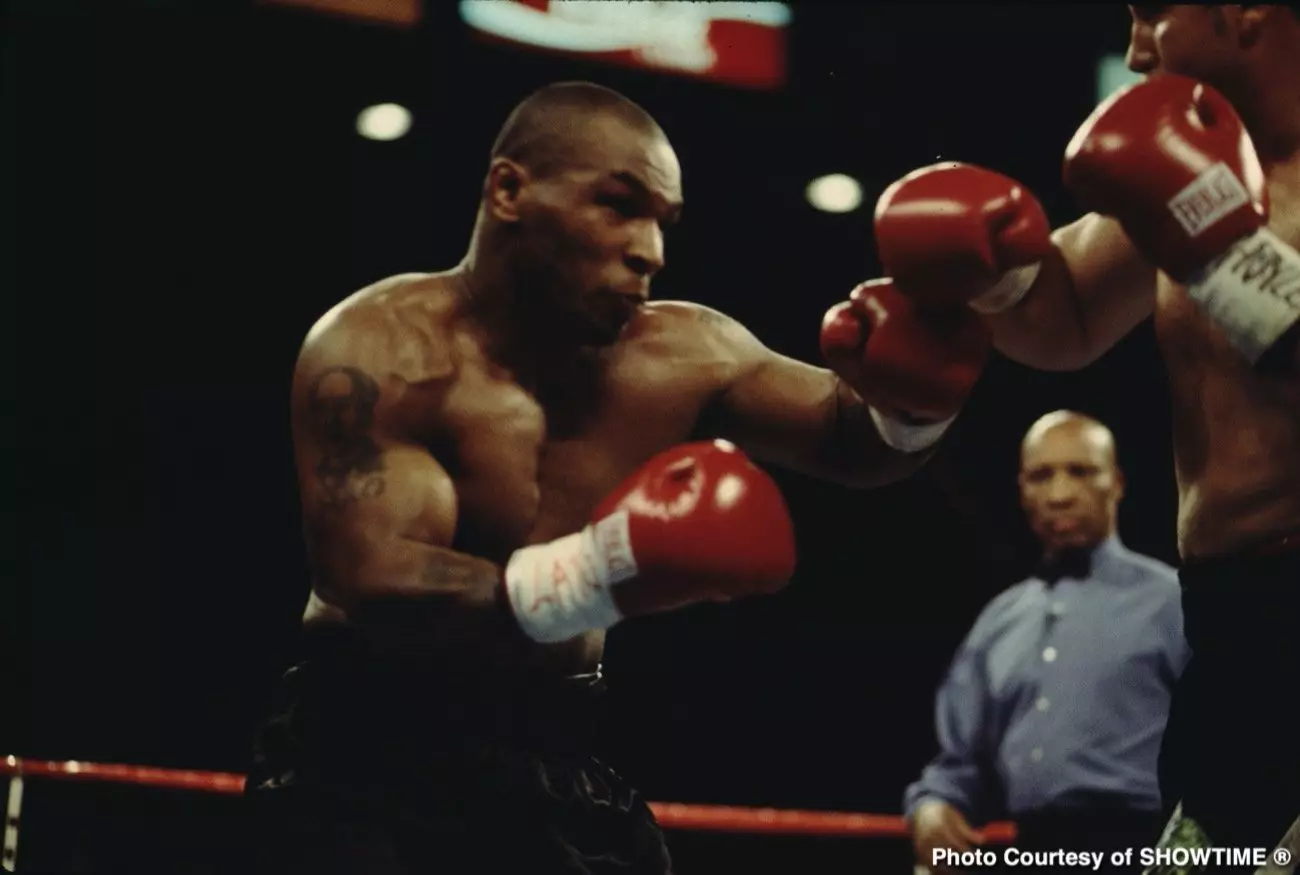In a shocking revelation on social media, former heavyweight champion Mike Tyson expressed a desire to face death in the boxing ring rather than in a hospital. This statement raises alarm bells as he prepares for an upcoming bout against Jake Paul, a social media star turned professional boxer. Tyson’s comment, “If I win, I’ll be immortal. If I do it bad, I don’t want to die in a hospital bedroom; I want to die in the ring,” reflects not only a deep yearning for validation but also paints a picture of a fighter potentially blinded by his past glories. At age 58, Tyson’s eagerness to return to the ring has ignited discussions about the inherent risks associated with such a dangerous sport, especially for someone of his age.
Boxing is notoriously brutal, frequently exacting a heavy toll on its participants. Critics argue that Tyson’s return is less an inspiring comeback and more a reckless gamble with his health. He had to withdraw from an earlier fight with Paul due to health concerns, specifically a flare-up of ulcers. Questions about his physical condition loom large as he prepares for this November 15 showdown. Many observers note that he is risking not just his reputation but also his life, as the demands of the sport require exceptional physical fitness and mental agility, which may be compromised at his age.
The fan response has been a mixed bag. While some supporters, motivated by nostalgia and the hope that a single punch from Tyson could reshape the narrative of his comeback, view this fight as an opportunity for the legendary boxer to reassert himself in the public eye, others are less optimistic. Skeptics doubt the credibility of the match, questioning whether it will be anything more than a scripted exhibition tailored to create drama without genuine competition. This skepticism stems from the disparity in experience and talent between Tyson, a former heavyweight great, and Paul, who has gained fame primarily through YouTube and subsequent boxing matches.
Despite the concerns, Tyson has not been devoid of encouragement. Gene Kilroy, the former manager of Muhammad Ali, visited Tyson’s training camp and hailed his current condition. Kilroy remarked, “I was worried about him traveling here, traveling there, I can sleep now at night.” Such endorsements spark intrigue, fueling the hope that Tyson may indeed be physically prepared for the fight. However, the crux remains whether physical readiness can compensate for the inevitable decline that age brings to athletes.
As the fight date approaches, the overarching question remains: Will Tyson and Paul’s clash transcend mere spectacle to become a meaningful contest? Or is this bout a troubling reminder of a legend’s yearning for relevance in a sport that often consumes its champions? The stakes are high, but so are the concerns about Tyson’s future. Only time will tell if this will be a poignant chapter in Tyson’s storied legacy or a harrowing reminder of the perilous nature of professional boxing.

